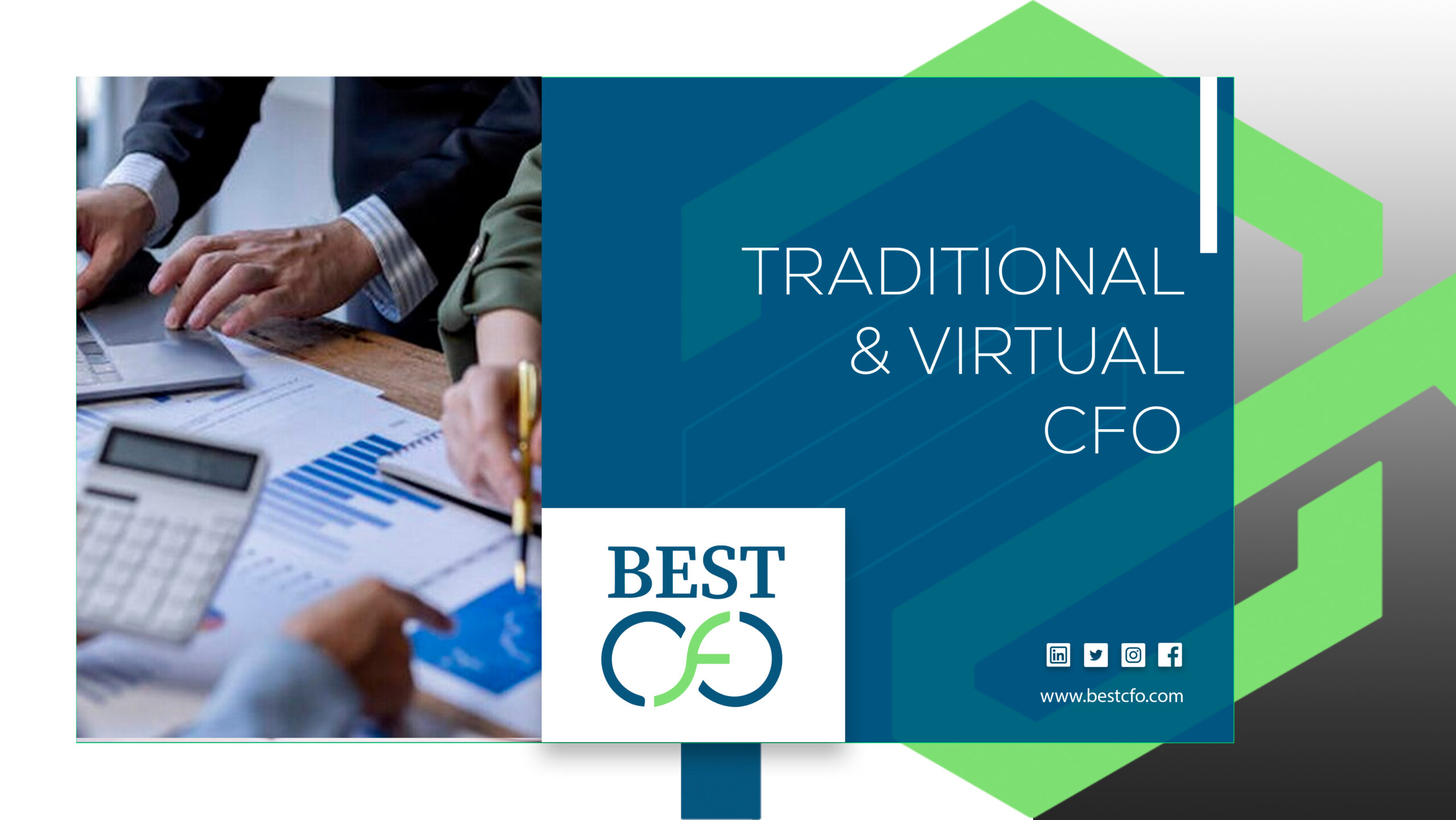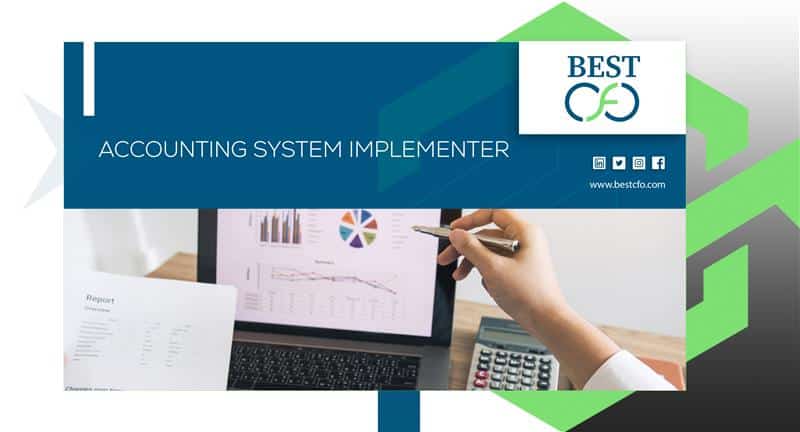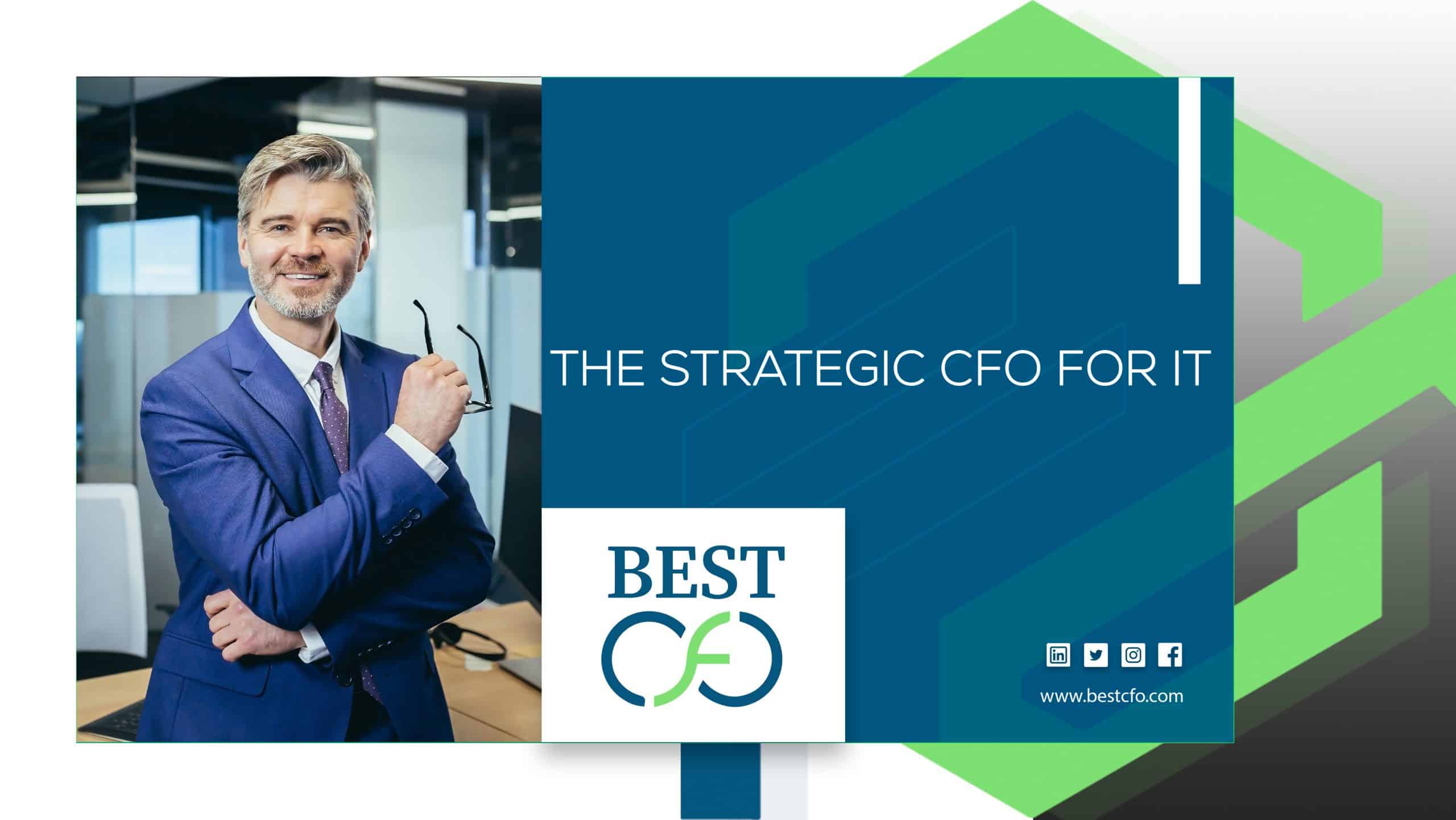
Managing finances is fundamental! With the rise in remote work environments and technological advancements, many companies, specifically startups and small businesses, are now hiring Virtual CFOs (vCFOs). These specialists provide reliable services and save dollars.
In this article, we'll understand the differences between a traditional CFO and a Virtual CFO, covering it all, from benefits to the cost of hiring and more. Understanding these differences will help you decide the right partner for your finances.
Let's discuss it in detail!
What is a Traditional CFO?
Traditional Chief Financial Officers (CFOs) manage a company’s finances. They usually work full-time and are part of the corporation’s leadership team. They handle important tasks like financial planning, budgeting, risk management, and ensuring the business follows financial regulations. A CFO often has deep knowledge of the industry in which the company operates, making them key players in long-term business success.
What is a Virtual CFO?
A Virtual CFO (vCFO) performs the same tasks as a traditional CFO but works remotely and most probably part-time. Small companies often hire virtual CFOs because they want financial guidance but don’t require a full-time CFO.
This way, they are a great fit for businesses as per their desired financial needs.
Key Differences Between a Traditional and Virtual CFO
Industry Expertise:
Traditional CFOs usually have a deep knowledge of the specific company they work for. They know the industry trends, policies, and challenges. A traditional is a good fit for industries where guidelines may be complex.
However, a Virtual CFO often works with various industries, bringing broader expertise. While they are not specialized in a specific industry, they could provide creative solutions for diverse fields in one place.
Example:
A CFO in the healthcare industry will be more familiar with fitness-associated laws, while a Virtual CFO may spend more time getting to know those enterprise specifics.
Cost Comparison:
Here comes the point of interest! A foremost difference between a conventional and a virtual CFO is the cost. A full-time CFO typically has an excessive salary and benefits like bonuses and retirement plans. This makes hiring a traditional CFO expensive, particularly for smaller entities.
A virtual CFO is more cost-convenient. They cost less for the most valuable CFO services while working part-time. This is remarkable for businesses or companies that require an expert financial advisor at a low cost.
Example:
- Hiring a full-time CFO may cost around $150,000–$250,000 per year.
- Depending on the work requirement, hiring a virtual CFO may cost $5,000–$10,000 monthly or less, depending on the project needs.
The Takeaway
- A virtual CFO can save money by working part-time.
- Hiring a full-time CFO costs more for a long period.
Scalability and Flexibility
A virtual CFO offers more scalability. As the company grows, its desires grow, too. A virtual CFO can provide valuable involvement when needed. This is especially beneficial for startups or agencies experiencing speedy growth.
Now, comes towards a traditional CFO. He is typically a full-time employee, which is less scalable. Their role is normally tied to the enterprise’s current structure and is harder to adjust based on changing needs. Also, as a company grows, the salary of a full-time CFO increases too.
Example:
A startup may only need a part-time virtual CFO in its early stages but could increase the virtual CFO’s involvement as the company grows.
Teamwork and Resources
A traditional CFO generally leads the financial specialists' team within the organization. They work closely with different departments and take a hands-on approach to managing the business finances.
Virtual CFOs, however, regularly work as part of a larger team of remote financial experts. This means that once a company hires a Virtual CFO, he brings the related professionals in various areas, including risk management and financial planning. While it is also profitable, businesses don't have direct control over finances as they do with a traditional CFO.
Example:
A virtual CFO from the Best CFO or any other consulting company may bring tax specialists for a tax season, while a conventional CFO could depend on the company's in-house team.
Long-term Commitment
Hiring a traditional CFO means making a long-term commitment. CFOs typically emerge as key members of the management group and are involved in making the most important decisions that affect the business’s future. They are also deeply familiar with the company’s day-to-day operations and goals.
A virtual CFO, alternatively, offers flexibility without a long-term commitment. While this can be best for businesses with medium to low finances, it can limit the virtual CFO’s ability to influence long-term strategy.
How to Choose Between a Traditional CFO and a Virtual CFO
Choosing the right CFO relies on several factors, including size, needs, and budget. Let's have a look at them:
Business Size and Stage:
If you’re a small commercial enterprise or startup with a limited budget, a virtual CFO is probably the fine alternative. Larger businesses with extra complicated financial needs may get more benefits from hiring a full-time traditional CFO.
Financial Complexity:
If your company is quite regulated or requires specialized financial expertise, hiring a traditional CFO can be a good choice. A virtual CFO works great for agencies with less complex financial structures.
Budget Considerations:
Full-time CFOs require a large economic commitment. If you’re uncertain about long-term costs, a virtual CFO can do the best job at a low cost here.
Long-Term Strategy:
If you want ongoing, high-level financial leadership, a traditional CFO might be more concerned about your company’s long-term desires. For businesses looking for part-time period help or project-based services, a virtual CFO is the one you require.
Conclusion
Both traditional and virtual CFOs deliver outstanding expertise to businesses. A traditional CFO gives deep industry know-how, long-term financial planning, and a committed presence within the company.
On the other hand, a virtual CFO offers flexibility, cost savings, and scalability. These capabilities make them a really perfect solution for growing businesses and startups.
Ultimately, the choice of hiring a virtual CFO or a traditional one depends on you! For a better decision, consider your company’s size, budget, and financial complexity.
Previous Post
Fractional vs. Virtual CFO: Everything You Need To Know
Post a comment Cancel reply
Related Posts
Do I Need An Accountant As A Sole Trader?
Do I Need An Accountant As A Sole Trader? Are you a sole trader running…
Fractional Finance 101: Unlocking the Power of Micro-Investing
Fractional Finance 101: Unlocking the Power of Micro-Investing Have you ever looked at the price…
Cash or Accrual Accounting: Which One Should You Use?
Cash or Accrual Accounting: Which One Should You Use? Many businesses have a choice between…
Top Accounting System Implementer – QuickBooks & More
Top Accounting System Implementer – QuickBooks & More Choosing the right accounting software is one…
 Demos
Demos  Colors
Colors  Docs
Docs  Support
Support 














